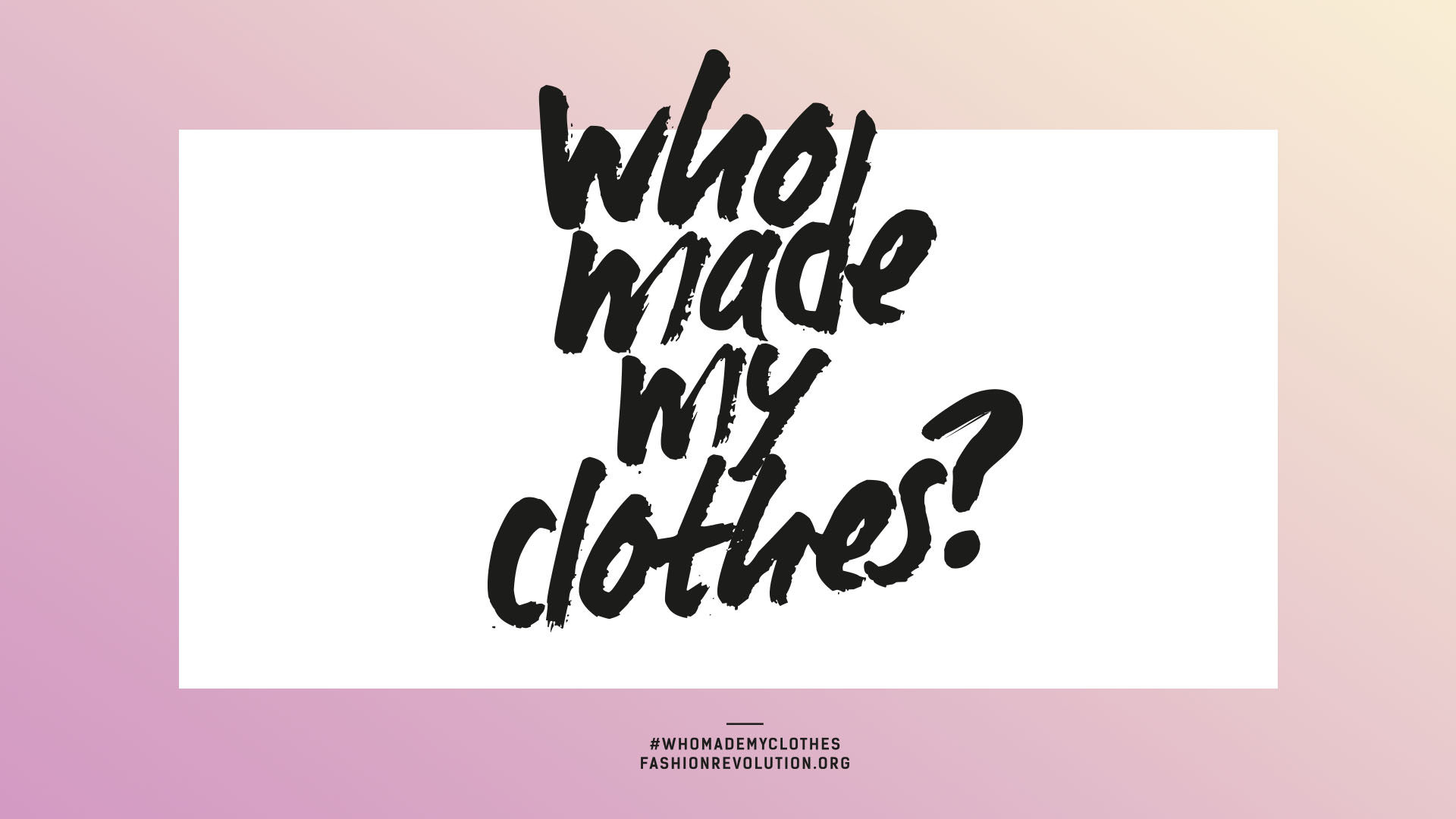[Written By: Elsa Lindström]
The fashion weeks take over the press coverage every spring and autumn with magazines rushing to praise their latest collections and show off their best looks. These weeks are considered the most important part of the year, at least if you trust Vogue, and the industry basically revolves around them. But in the midst of the newest trends of capes and leather dresses, little attention is given to the ethical issues of fashion, such as designers environmental aspects or workers’ rights.
A quick look over the headlines describing Paris Fashion Week tells us that ethicality is not deemed to be important. The articles of Elle, Harper’s Bazaar, and Vogue focus exclusively on the looks and the people in the shows, ranking the best hairstyles or designer heels but there is never any mention of the source of their products. To find any ethical points of view, one needs to know how to look for it and google only has some pre-existing knowledge. The question of why sustainability and ethicality not given more coverage in the leading fashion press needs to be addressed.
There are multiple events devoted to ethical fashion, such as Green Fashion Week, which focuses on promoting sustainable development in the fashion industry, and the Ethical Fashion Show Berlin. Ethics are the focus of the Redress Design Award, which also promotes sustainable design, as well as the Positive Fashion initiative by the British Fashion Council (organiser of London Fashion Week), which aims to address issues surrounding sustainability, model health & diversity and local manufacturing & craftsmanship. All of these are very important issues but the press seems to be too busy listing all the actors who sat on the front row of shows like Michael Kors rather than considering the designer’s ethics.
Considering how issues like climate change and animal rights are more recognised issues, the lack of attention the issue of ethicality the fashion hemisphere receive is troubling. Is ethical awareness viewed as something uncool, something to avoid? That is the reason offered by some designers and journalists, but in my opinion, it seems highly unlikely. Customers are becoming more and more aware of the circumstances in which their clothes are produced, the carbon footprint their clothing makes and the treatment of animals in the farm industry receive. The demand for change is bigger and bolder every day. An example of this is the Fashion Revolution, claiming to be the world’s largest fashion movement, encouraging consumers to pay attention to the sources of their clothes and ask brands who worked on their pieces.
And the response for this demand can be seen. H&M has launched its own recycling program in 2013, encouraging customers to bring their old clothes to the shops, from where they would be recycled. Brands like Adidas and Nike work to develop eco-friendlier dying processes, whilst smaller ethical brands are popping up everywhere. Among the high-end brands, the most noteworthy is Stella McCartney, one of the world’s leading ethical designers who has been making sustainability fashion from the start of her career and who also doesn’t use any fur or leather in her collections. Another well-known designer promoting sustainability is Vivienne Westwood, who is inspired by global warming in her clothing campaign. Balenciaga, the most influential brand of the day in my opinion, focuses on humanitarian aid by donating 10% of the retail sales of their WFP-line to World Food Programme, in addition to having already donated $250,000.
Of course, one needs to be sceptical of the kind of sustainable business the brands promote. For example, the recycling program of H&M has been widely criticized as ineffective and of a capitalist nature (when you bring your old clothes to the shop, you get a discount coupon, encouraging you to buy new) and promotes a type of guilt-free consuming, with a free conscience – great, you helped to save the planet by recycling, now you deserve a new dress! Vivienne Westwood and Stella McCartney have also been called out for using materials and techniques harmful to the environment. Still, the announcements from big fashion companies show that they are aware of the issues, and want to respond to the ever-growing demand from the consumers.
The press has the power to create a change and this could be done by promoting only the designers who participate in sustainable and ethical fashion (such as Christopher Raeburn and Mother of Pearl) and to draw attention to the issues. More coverage should be given to brands and designers who take a stand towards sustainability as the general public wants it and so do the designers who recognise these issues. We already know that we should buy Fairtrade bananas, cut down our gas emissions from airplanes and the dangers of cutting down rainforests for paper. Now it’s time we learnt how our jeans are slowly destroying our environment and how the production of a T-shirt can cost human lives.

